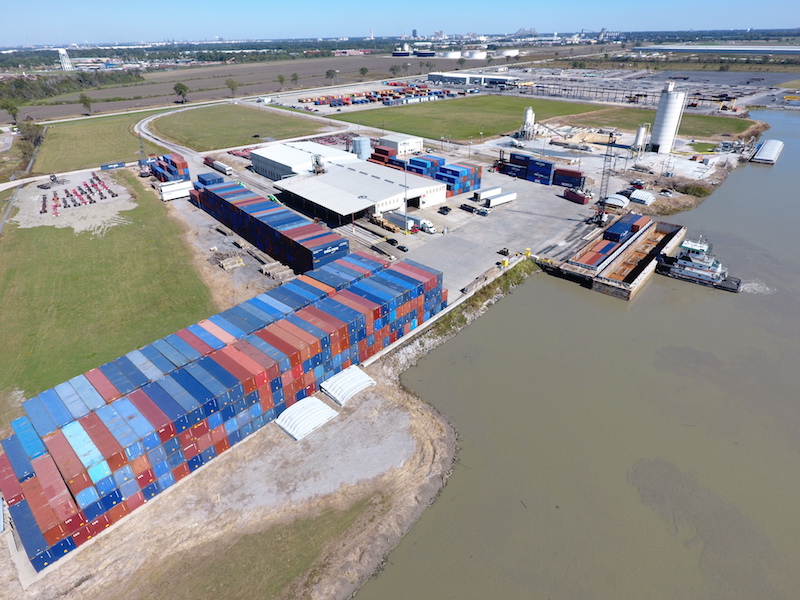The Subcommittee on Coast Guard and Maritime Transportation of the House Committee on Transportation and Infrastructure held a hearing Wednesday on short sea shipping.
At the hearing, Mark H. Buzby, Maritime Administrator, discussed the Maritime Administration’s (Marad) efforts to foster, promote and develop short sea shipping in the U.S. through the America’s Marine Highway Program (AMHP).
The Marine Highway System, which consists of the U.S. navigable waterways including rivers, bays, channels, the Great Lakes, the Saint Lawrence Seaway System, coastal, and certain open ocean routes, touch 38 states plus the District of Columbia and Puerto Rico.
The purpose of AMHP is to further incorporate these waterways into the overall U.S. transportation system, especially where marine transportation services are the most efficient, effective, and sustainable transportation option, Buzby said in his testimony.
Congress established the AMHP through the Energy Independence and Security Act of 2007. In the following years Congress expanded and modified the program. In the Coast Guard and Maritime Transportation Act of 2012, the program was expanded to include efforts to increase the utilization and efficiency of domestic freight and passenger transportation on marine highway routes between U.S. ports. In 2016, the definition of short sea shipping was broadened to include more kinds of cargo and cargo or freight vehicles carried aboard commuter ferry boats.
"The AMHP is intended to, among other things, reduce travel delays caused by congestion, cut greenhouse gas emissions, conserve energy, improve safety, and reduce landside infrastructure costs," Buzby said.
Buzby pointed out that congestion on the nation's surface transportation system significantly affects economic prosperity and quality of life. He cited one study that estimated that in 2014 congestion cost urban commuters an estimated $160 billion in wasted time and fuel. Trucks account for $28 billion of this cost. The study also showed that the volume of imports and exports transported by the nation's freight system is expected to more than double over the next 30 years. This will have implications for ports, which handle approximately 70% of U.S. international trade by volume. Most of this additional cargo is expected to ultimately move along surface transportation corridors, many of which are currently at or beyond capacity.
"Expanding existing or establishing new marine highway services on commercially navigable waterways is a cost-effective way to meet our freight transportation needs and relieve landside congestion," Buzby said in his testimony.
"We manage the AMHP with an eye toward innovation and constant improvement. To that end, we are considering specific ways MARAD can maximize the program’s effects. First, we are exploring opportunities with other federal entities to transport federally-owned or generated cargo using a short sea transportation project when practical or available. We are also exploring partnerships with the EPA’s Ports Initiative and Smart Way Programs and other such programs, to tout the efficiencies and environmental benefits of utilizing the Marine Highway System. Finally, Marad has been proactive in engaging with local and regional officials, and private entrepreneurs, in analyzing specific logistical challenges where a waterborne solution may offer the best and most sustainable approach."





